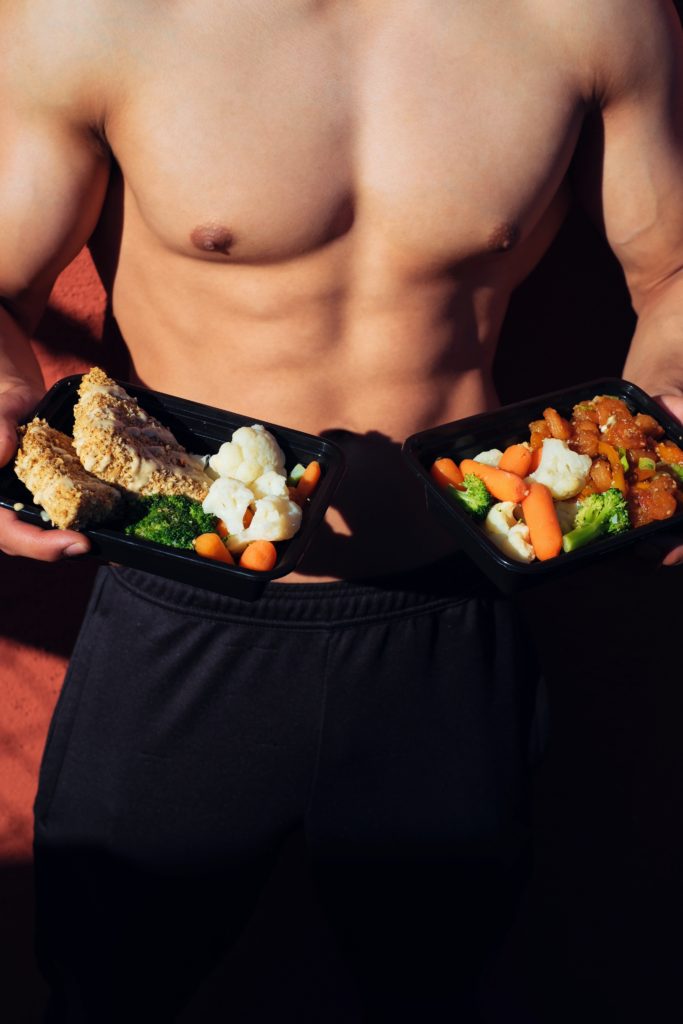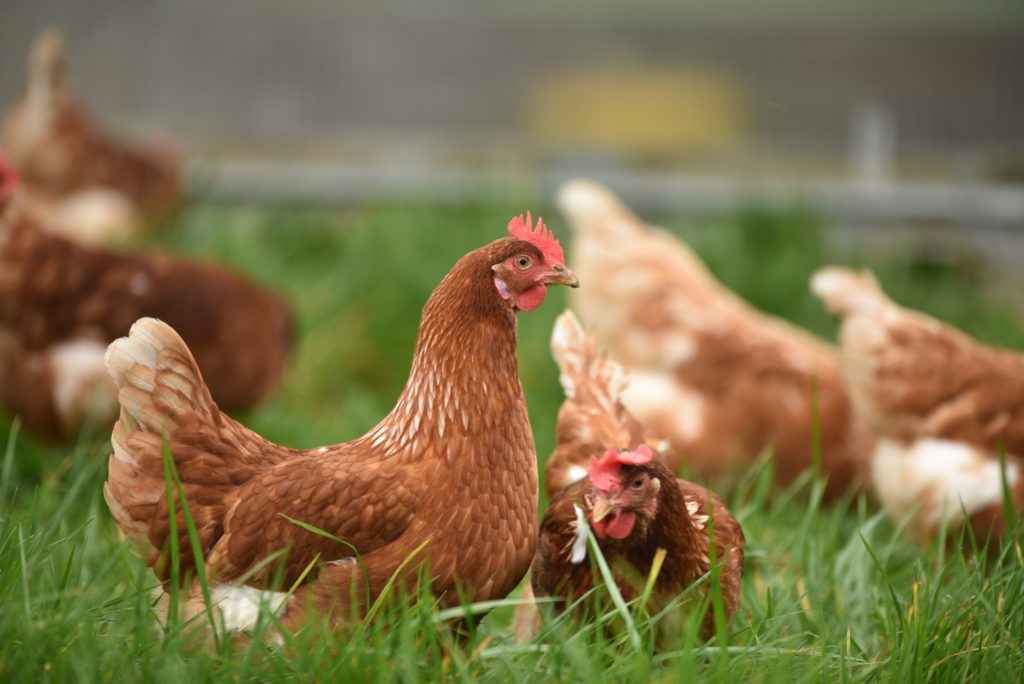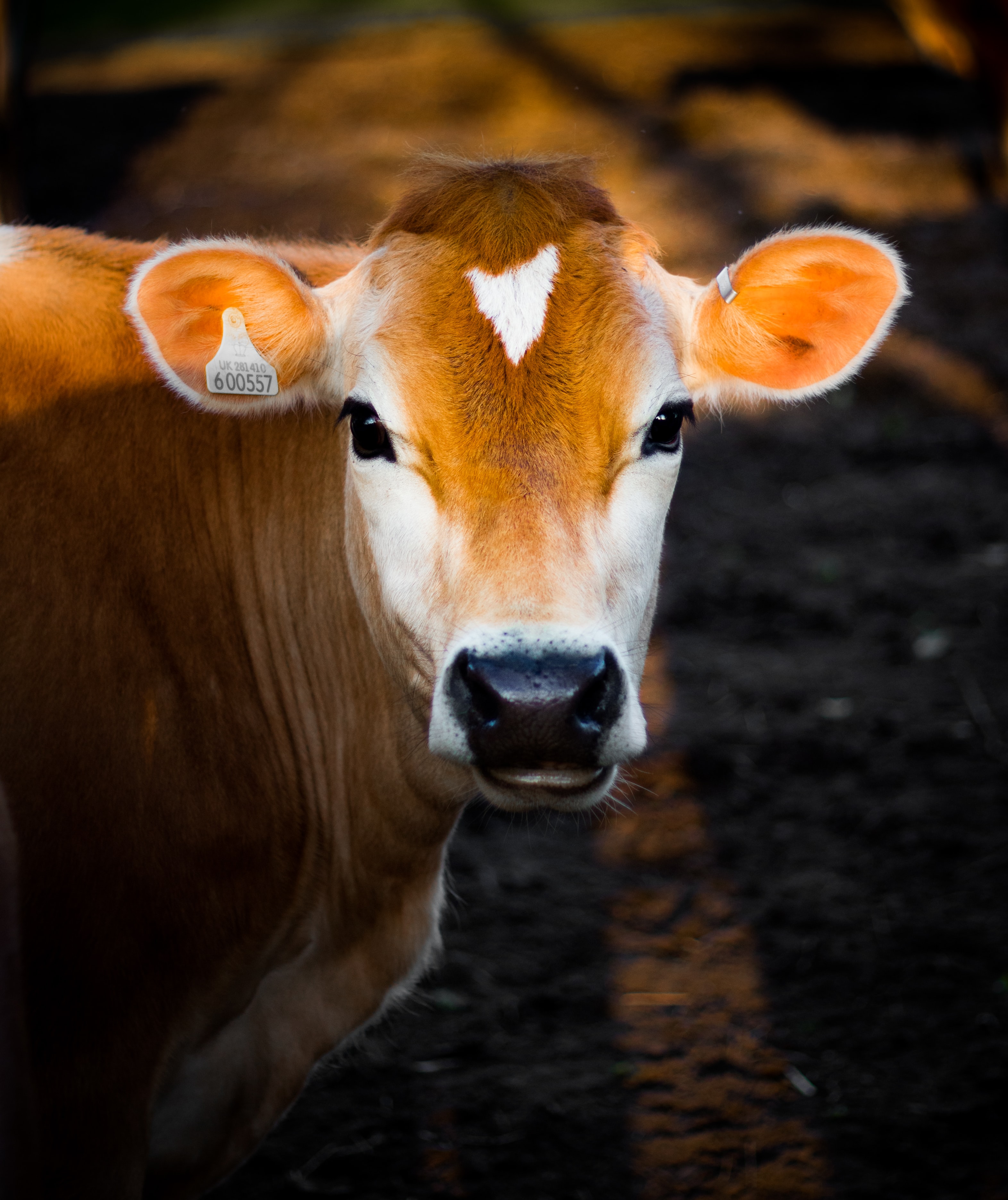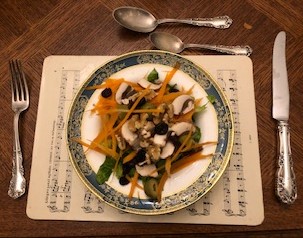What if I told you that there was a way to significantly reduce your carbon footprint, improve your health and advance animal welfare without any real loss to yourself, would you take it? This month, the media is full of stories about the Veganuary Challenge – an annual attempt to encourage folks to adopt a plant-based diet.
While I applaud mainstream media’s support of the challenge; amidst the wonderful and colourful recipes, there is little to explain exactly why a shift to a more plant-based diet is a good idea. I would like to rectify this here. The topic is far too large to tackle in a single post, so I shall include links for you to follow up, should you like to know more.

The price of meat
Meat is expensive. Yet it does not reflect its true cost in terms of the health of the individual and medical costs. Excessive meat consumption (the average American consumes 124kg per annum) ‘increases risks of heart disease, cancer, kidney disease, osteoporosis and all sorts of other unpleasantness’. (Dave Goulson, The Garden Jungle). Processed meats are also a contributing factor to obesity with all the health complications that brings.
The cost to the planet
These pale into insignificance when balanced against the impact meat production has on the planet. According to an article in Nature, switching to a plant-based diet could more than half our emissions. That is an incredible result for a low-cost solution. In addition, land dedicated to meat production itself affects the Earth negatively.
With two-thirds of farmland devoted to animal pasture and a third of the remaining third to producing feed for those animals, it results in about ’76 per cent of the Earth’s farmland … currently being used for meat production whether directly or indirectly.’ (David Gould)
Why does this matter? For three reasons. Intensive farming methods have a damaging and often irrevocable effect on our soil; depleting its nutrients and destroying the wildlife that ensures its good health. It is the main driver of deforestation: land is cleared for grazing cattle or for growing crops like soya on which livestock feed. Lastly, farm animals like cattle produce large amounts of methane – they suffer from wind – and the manure they produce, if not properly dealt with, can lead to runoff contaminating water supplies.
And for the 750 million humans who cannot obtain sufficient food, it is a terribly imbalanced use of land.
Not all animals are equal
When we work out the ratio of feed to meat produced, chickens come out a firm favourite. It takes a mere 2-3 kg of grain to create 1 kg of meat. A cow, however, will consume a staggering 7-20kg (David Gould). This is a lot of food that might otherwise have been distributed more equitably. So if the thought of giving up meat entirely is too daunting, it might be an idea to shift to more poultry or lamb and if the urge for beef is too strong, go for the grass-fed option.

While David Gouslon recommends the eminently sensible option of eating road kill, I doubt many of us have the stomach or butchery skills to take that up. It is worth considering eating more wild meat like venison, however, as herds are regularly culled to ensure the remainder do not starve. Wild animals, at least, have the pleasure of a good life before they are killed for consumption.
A nation of animal lovers
I live in the UK and we are famously a nation of animal lovers, but our affection, it seems, is restricted to a very limited number of species and particularly those we adopt as pets. When it comes to live-stock, our concerns for animal welfare have a habit of disappearing. That said, our own country’s standards are very high, but much of our meat is imported from other, less scrupulous places.
Intensive or factory farming methods are extremely profitable, but their profits come at the expense of the animals. Even the more animal friendly farms are far from ideal. Since much of this is disturbing and often shocking, I’m not going to write about it here. But if you would like to understand better how your meat is produced, you may like to view some of the documentaries shown on this link https://www.peta.org.uk/blog/vegan-documentaries/

Moving to a plant-based diet
How far you move to a plant-based diet, is of course up to you. You may feel that you cannot manage with meat and I respect that. Though I would ask you to consider taking care to source meat and dairy of the highest standard, preferably organic. Here, the organic label goes with much stricter animal welfare requirements.
If you would like to consider moving towards a vegan-style diet, I would recommend taking it slowly. Our stomachs take a little while to adjust to such changes. Meatless Mondays are a great way to start and gather more days as you become confident in your cooking.
Ten years ago, if you said you were a vegan, people looked at you askance and thought you a little crazy. There were few or no options in the shops and eating out was an impossibility. As a consequence, I confess, I remained a pescatarian – being vegan was just too hard.
Today, things couldn’t be more different. Even our favourite country pub – the bastion of the meat and two veg menu, now has a selection of plant based options. Supermarkets have whole aisles devoted to meat substitutes and plant-based ready meals for those short on time.
Though I still eat some fish, my diet is predominantly plant based. And over the years, I have found substitutes for all the things I loved to eat. There are now non-dairy options for milk, butter, yogurt, cream, ice-cream and even some cheeses with no loss of flavour. Eggs in recipes can be substituted with everything from flax seed to apple puree, so cakes are definitely back on the menu. I have yet to find anything that I cannot make and the chemistry experiment element of it always makes me smile.
No more shades of brown
My first vegetarian cook book was from the famous Cranks restaurant and all the recipes seemed to involve something brown. They were delicious, but visually a little less appealing. Contemporary plant-based cookery books are liable to be a riot of colour – since we now have access to an almost unlimited choice of fruit and vegetables of every hue. We do not need to compromise on taste or presentation if we choose the animal free option.

Image: Karen Costello-McFeat
I hope that this month you will give plant based foods a try. If you need a little help, there are endless recipes available online and I’m including the BBC one here, as they tend to be very reliable. For inspiring ideas for all abilities and budgets, check out: https://www.bbc.co.uk/food/occasions/veganuary Who knows, you may discover a whole new way to cook. And, you will be consuming food that does you good and the planet good too.

Your colorful plate looks straight out of a food magazine!
Thank you! 🙂